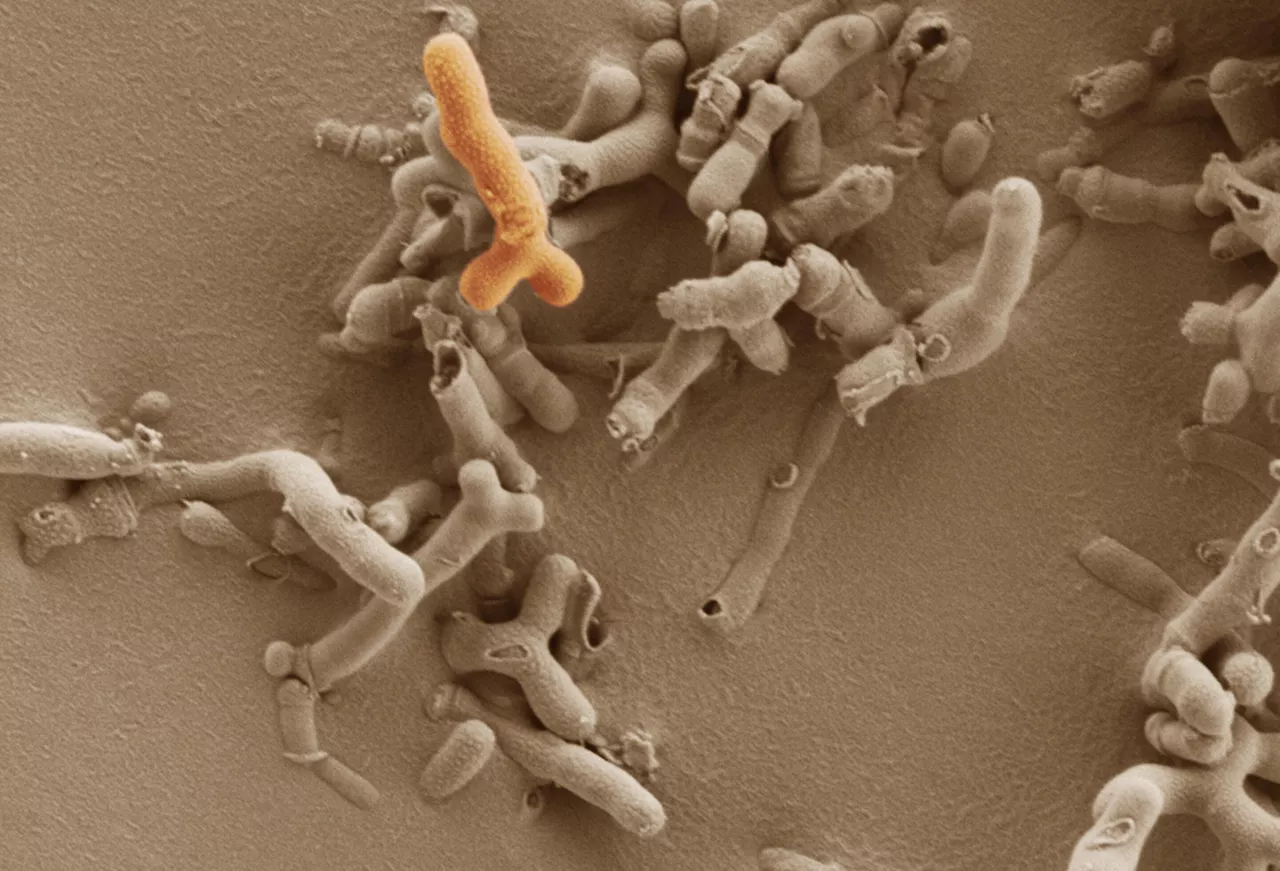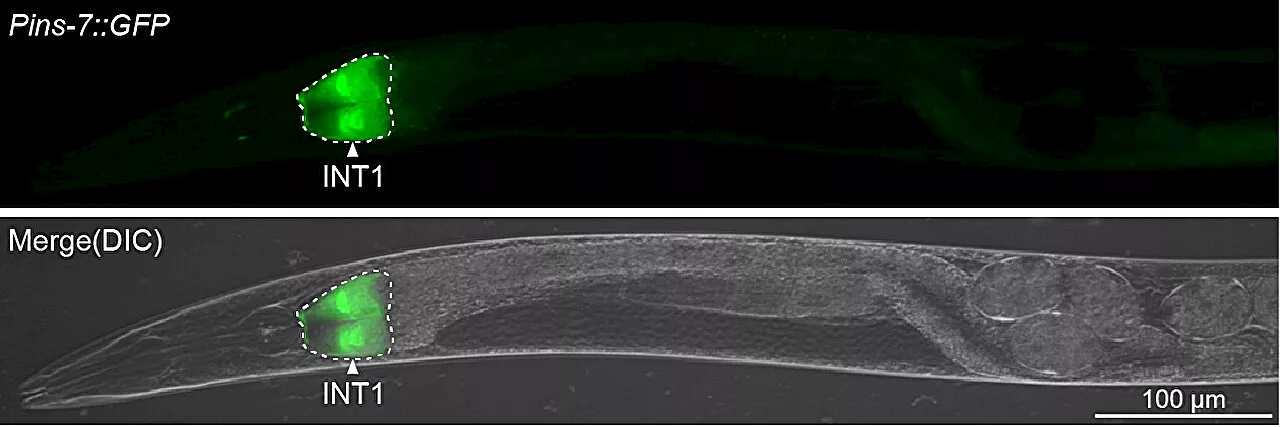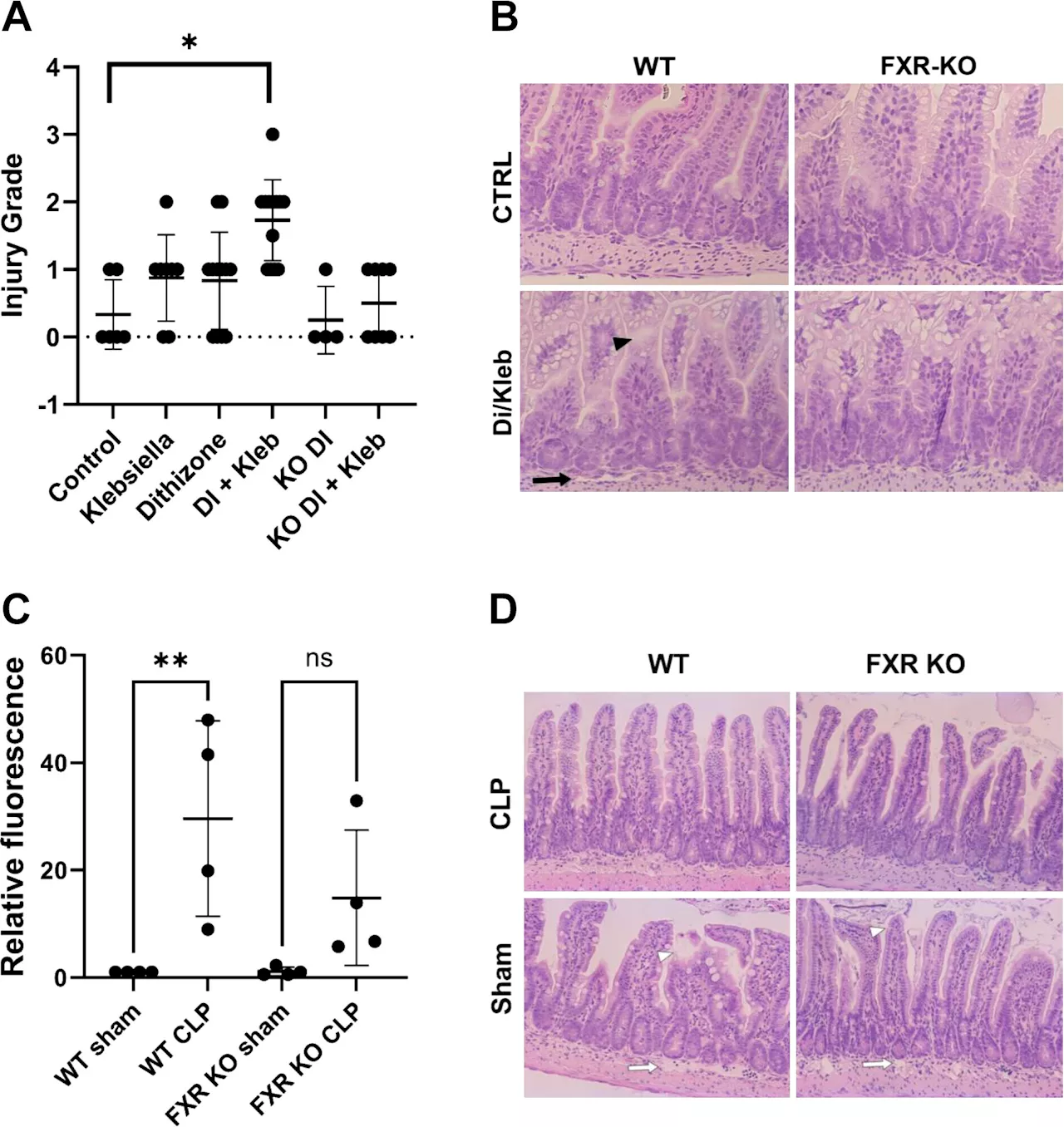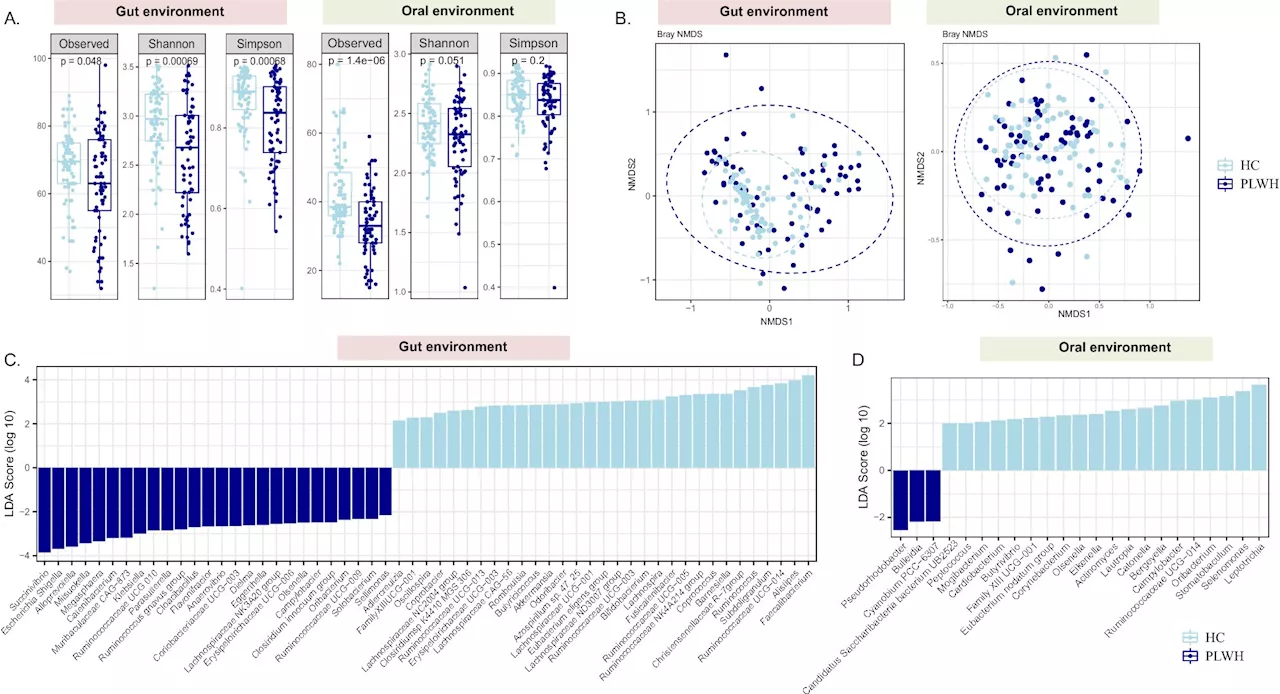Study identifies phenylacetylglutamine (PAGln), a gut microbiome metabolite, as a novel allosteric modulator of β2-adrenergic receptors, offering insights into its role in cardiovascular disease (CVD) risk.
By Hugo Francisco de SouzaReviewed by Benedette Cuffari, M.Sc.Aug 26 2024 Study: Gut microbe-generated phenylacetylglutamine is an endogenous allosteric modulator of β2-adrenergic receptors. Image Credit: Explode / Shutterstock.com
As research advances, the relationship between diet, gut microbiota, and public health is becoming increasingly evident. A growing body of literature highlights the association between gut microbial assemblages and psychological outcomes, including obesity, diabetes, and CVD risk. About the study Previous studies have identified the adrenergic receptor -binding potential of PAGln, which suggests its potential role in allosteric modulation. ARs are host receptors involved in a wide range of critical metabolic, homeostatic, and cardiovascular functions across the heart, adipose tissue, neurons, and vasculature. The present study aims to verify this hypothesis and further identify the regulatory 'fine-tuning' pathways linking PAGln to CVD outcomes.
To non-invasively monitor the dynamic allosteric modulation of ARs following PAGln treatment, dynamic mass redistribution studies on mutant β2-HEK293 cells were performed. To determine whether these interactions occur under normal physiological conditions, the β-arrestin2 recruitment assay was used to assess the effects of PAGln as a negative allosteric modulator with or without prior exposure to β-agonists. Exposure to PAGln for 15 minutes or longer, followed by treatment with β-agonists for 10 minutes, led to similar results obtained during the cAMP assay, thus indicating that PAGln elicits NAM effects in β2AR- but not β1AR-expressing HEK293 cells.
Heart Disease Agonist Assay Camp Cardiovascular Disease Chronic Diabetes Diagnostic Diet Drug Discovery GPCR Heart Failure Metabolite Microbiome Mortality Muscle Obesity Public Health Receptor Research
United Kingdom Latest News, United Kingdom Headlines
Similar News:You can also read news stories similar to this one that we have collected from other news sources.
 Mother's gut microbiome during pregnancy shapes baby's brain development, mouse study findsA study in mice has found that the bacteria Bifidobacterium breve in the mother's gut during pregnancy supports healthy brain development in the fetus. The results are published in the journal Molecular Metabolism.
Mother's gut microbiome during pregnancy shapes baby's brain development, mouse study findsA study in mice has found that the bacteria Bifidobacterium breve in the mother's gut during pregnancy supports healthy brain development in the fetus. The results are published in the journal Molecular Metabolism.
Read more »
 Gut molecule slows fat burning during fasting, study findsIn a struggle that probably sounds familiar to dieters everywhere, the less a Caenorhabditis elegans (C. elegans) worm eats, the more slowly it loses fat. Now, scientists at Scripps Research have discovered why: a small molecule produced by the worms' intestines during fasting travels to the brain to block a fat-burning signal during this time.
Gut molecule slows fat burning during fasting, study findsIn a struggle that probably sounds familiar to dieters everywhere, the less a Caenorhabditis elegans (C. elegans) worm eats, the more slowly it loses fat. Now, scientists at Scripps Research have discovered why: a small molecule produced by the worms' intestines during fasting travels to the brain to block a fat-burning signal during this time.
Read more »
 Removing bile acid receptor in gut blocks intestinal inflammation, study showsRemoving a nuclear bile acid receptor that regulates glucose and lipid stability from the intestine blocks gut inflammation in mice, according to researchers at Children's Hospital Los Angeles. Their findings are published in the American Journal of Physiology-Gastrointestinal and Liver Physiology.
Removing bile acid receptor in gut blocks intestinal inflammation, study showsRemoving a nuclear bile acid receptor that regulates glucose and lipid stability from the intestine blocks gut inflammation in mice, according to researchers at Children's Hospital Los Angeles. Their findings are published in the American Journal of Physiology-Gastrointestinal and Liver Physiology.
Read more »
 Early life exposure to common chemical permanently disrupts gut microbiome, mouse study findsEarly life exposure to 'forever chemicals' in the environment permanently disrupts the gut microbiome in mice, contributing to the development of metabolic disease in later life, according to new research led by Penn State.
Early life exposure to common chemical permanently disrupts gut microbiome, mouse study findsEarly life exposure to 'forever chemicals' in the environment permanently disrupts the gut microbiome in mice, contributing to the development of metabolic disease in later life, according to new research led by Penn State.
Read more »
 Antiretroviral therapies impact gut microbiome in people living with HIV, study findsA study published in Scientific Reports by researchers at Karolinska Institutet reveals that different antiretroviral therapies (ART) influence the gut and oral microbiome, as well as body mass index (BMI), in people living with HIV. The findings highlight the importance of considering microbiome changes when selecting ART regimens.
Antiretroviral therapies impact gut microbiome in people living with HIV, study findsA study published in Scientific Reports by researchers at Karolinska Institutet reveals that different antiretroviral therapies (ART) influence the gut and oral microbiome, as well as body mass index (BMI), in people living with HIV. The findings highlight the importance of considering microbiome changes when selecting ART regimens.
Read more »
 Gut microbiota linked to fracture risk: Study reveals key microbial associationsThe association between gut microbiota (GM) composition and incident fractures in the Finnish Risk Monitoring Program (FINRISK) 2002 cohort.
Gut microbiota linked to fracture risk: Study reveals key microbial associationsThe association between gut microbiota (GM) composition and incident fractures in the Finnish Risk Monitoring Program (FINRISK) 2002 cohort.
Read more »
